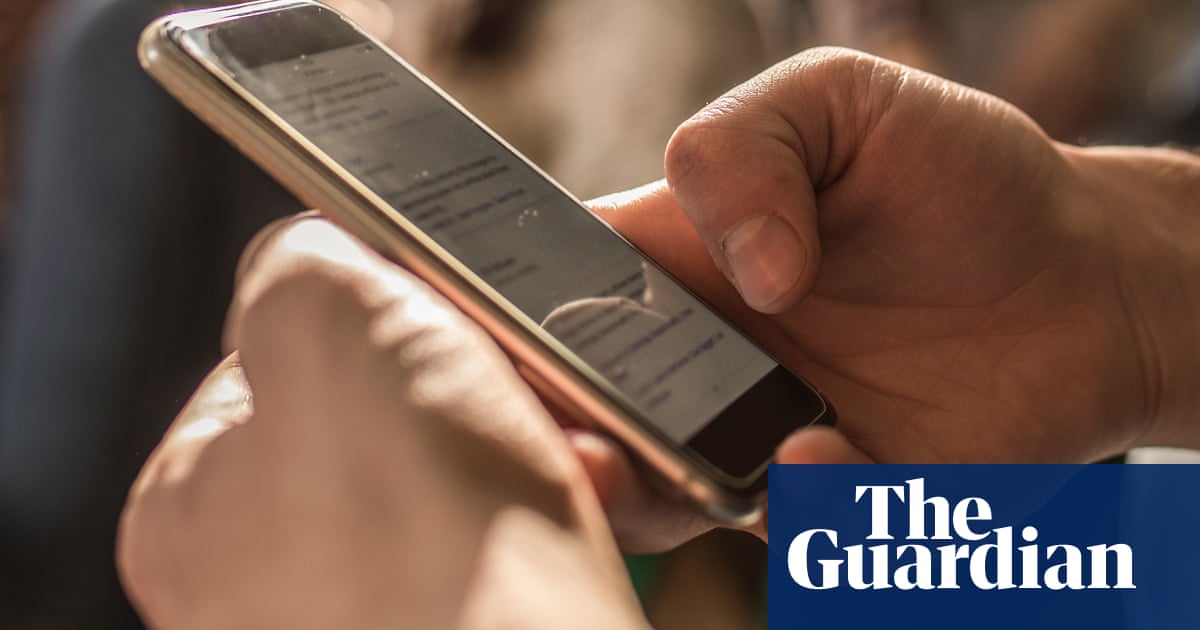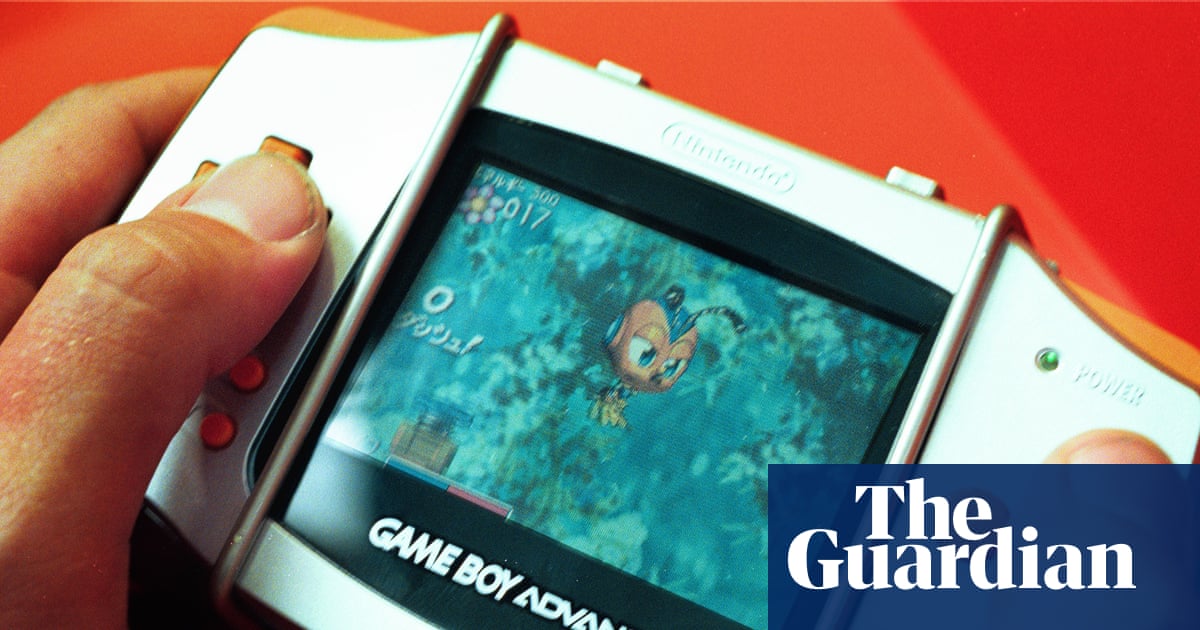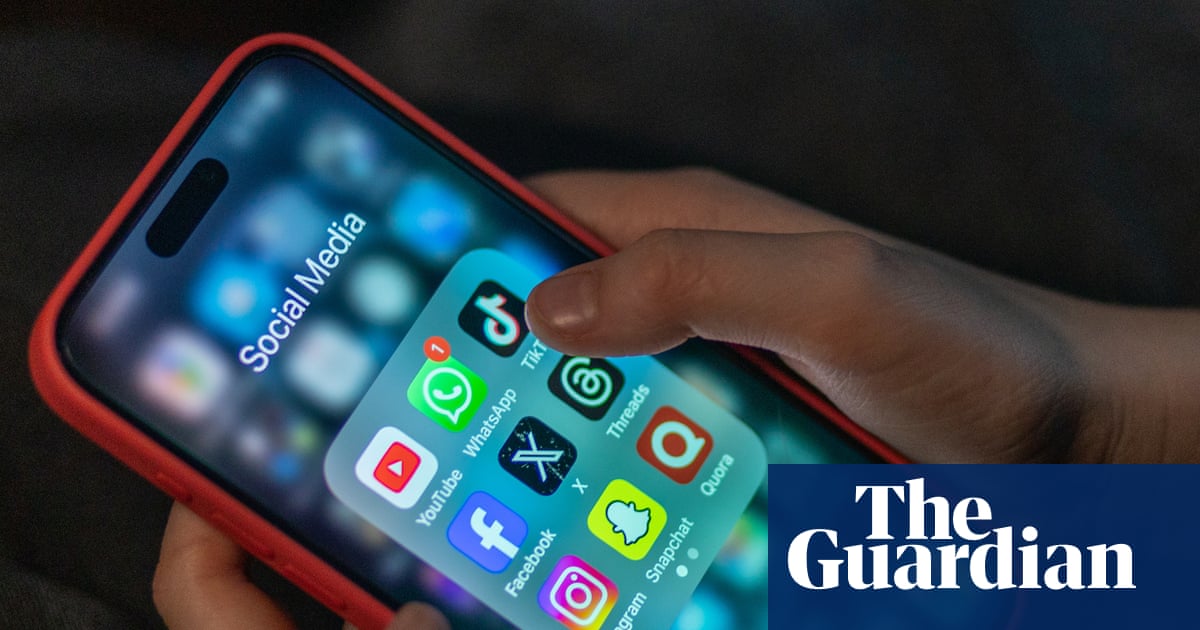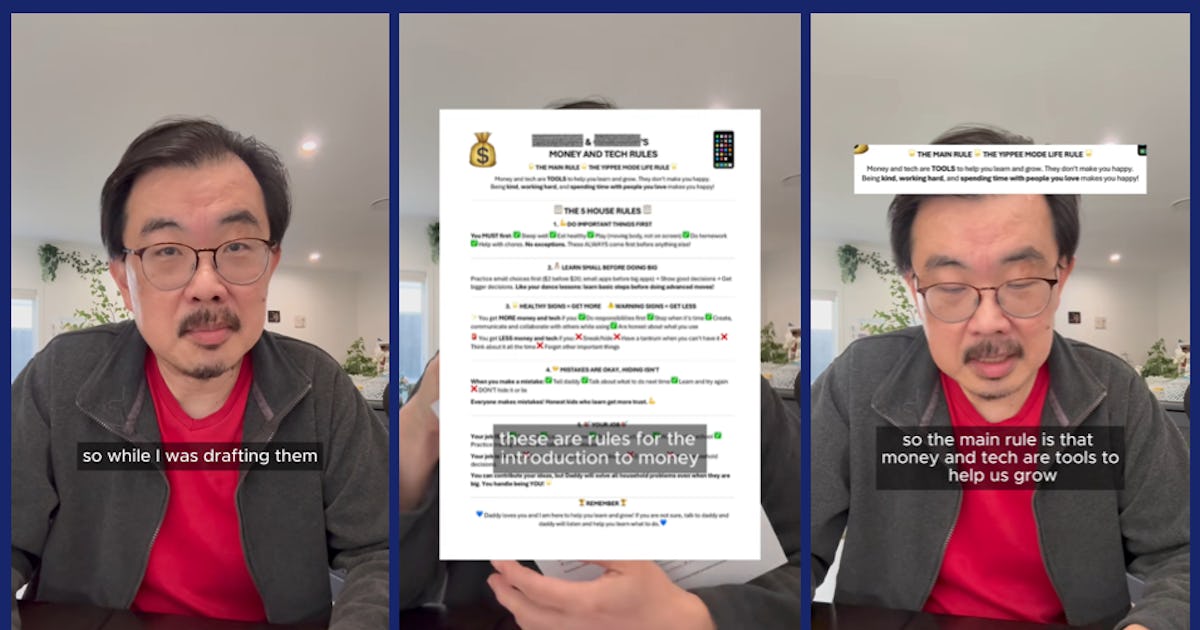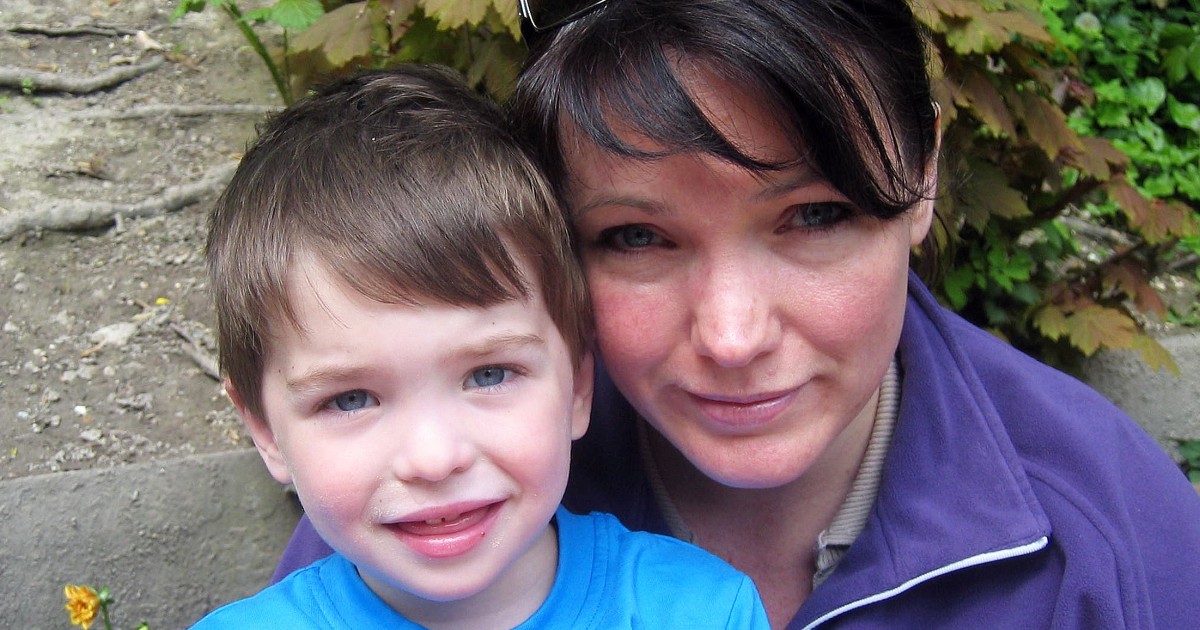fromYanko Design - Modern Industrial Design News
1 month agoMudita Minimalist Phone and Alarm Clocks Design a Calmer Day at CES 2026 - Yanko Design
The day often begins and ends with a smartphone, from checking notifications before getting out of bed to scrolling in the dark when you should be asleep. Even people who care about design and well-being end up with glowing rectangles on every surface, and that constant presence quietly shapes attention, sleep, and mood more than most of us like to admit. The usual fix is another app that promises to help you use your phone less, which is like asking the problem to solve itself.



